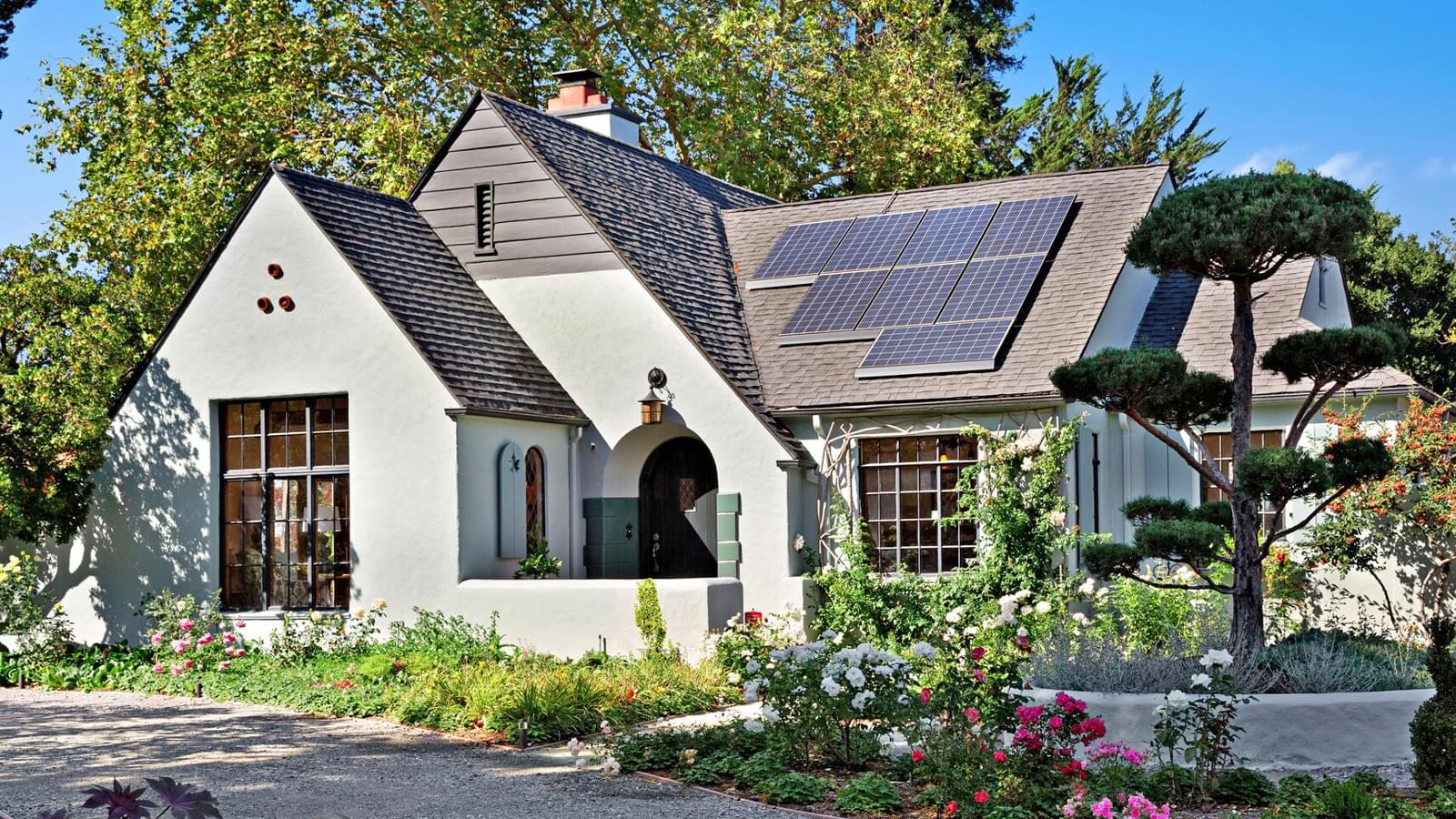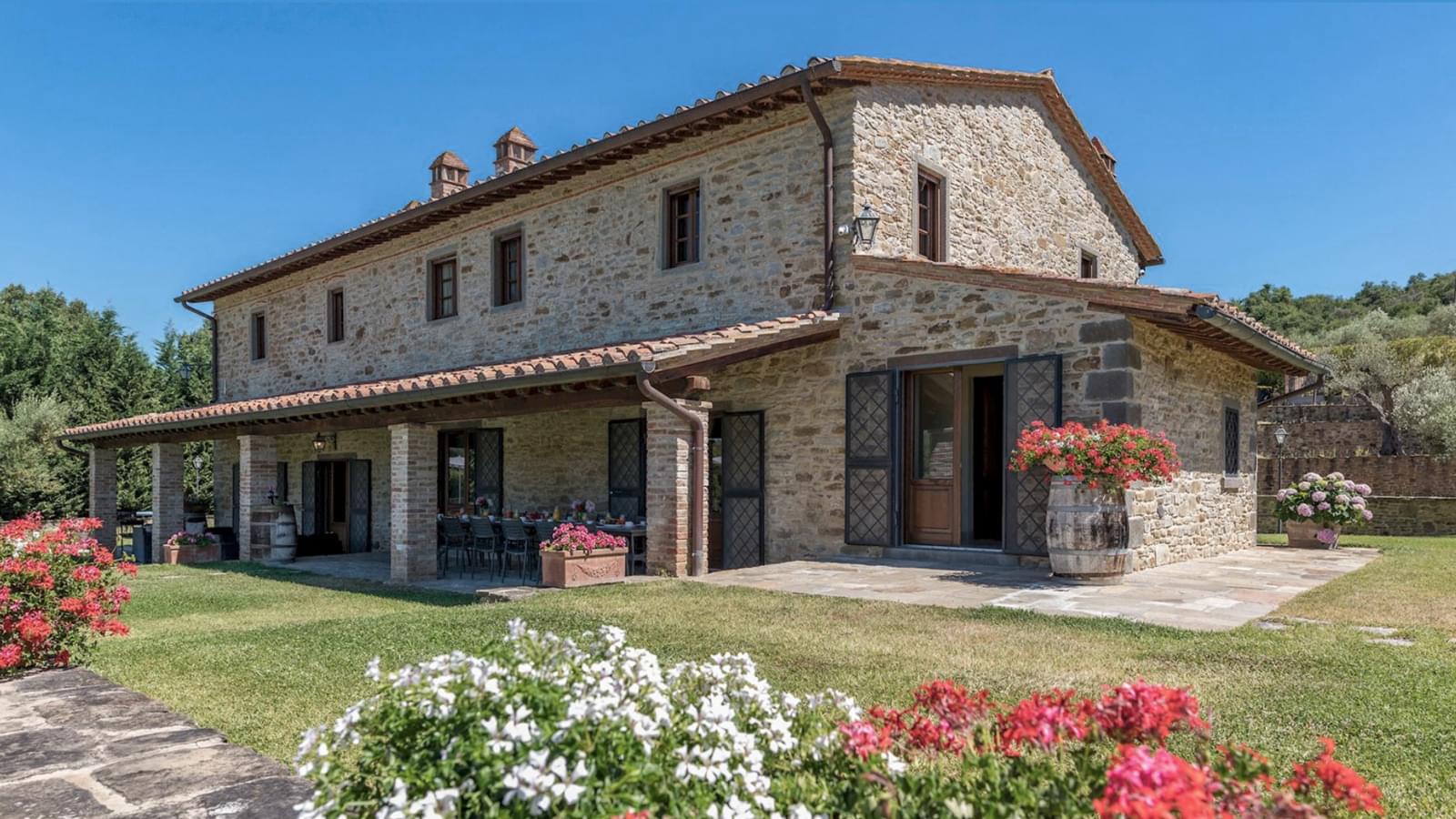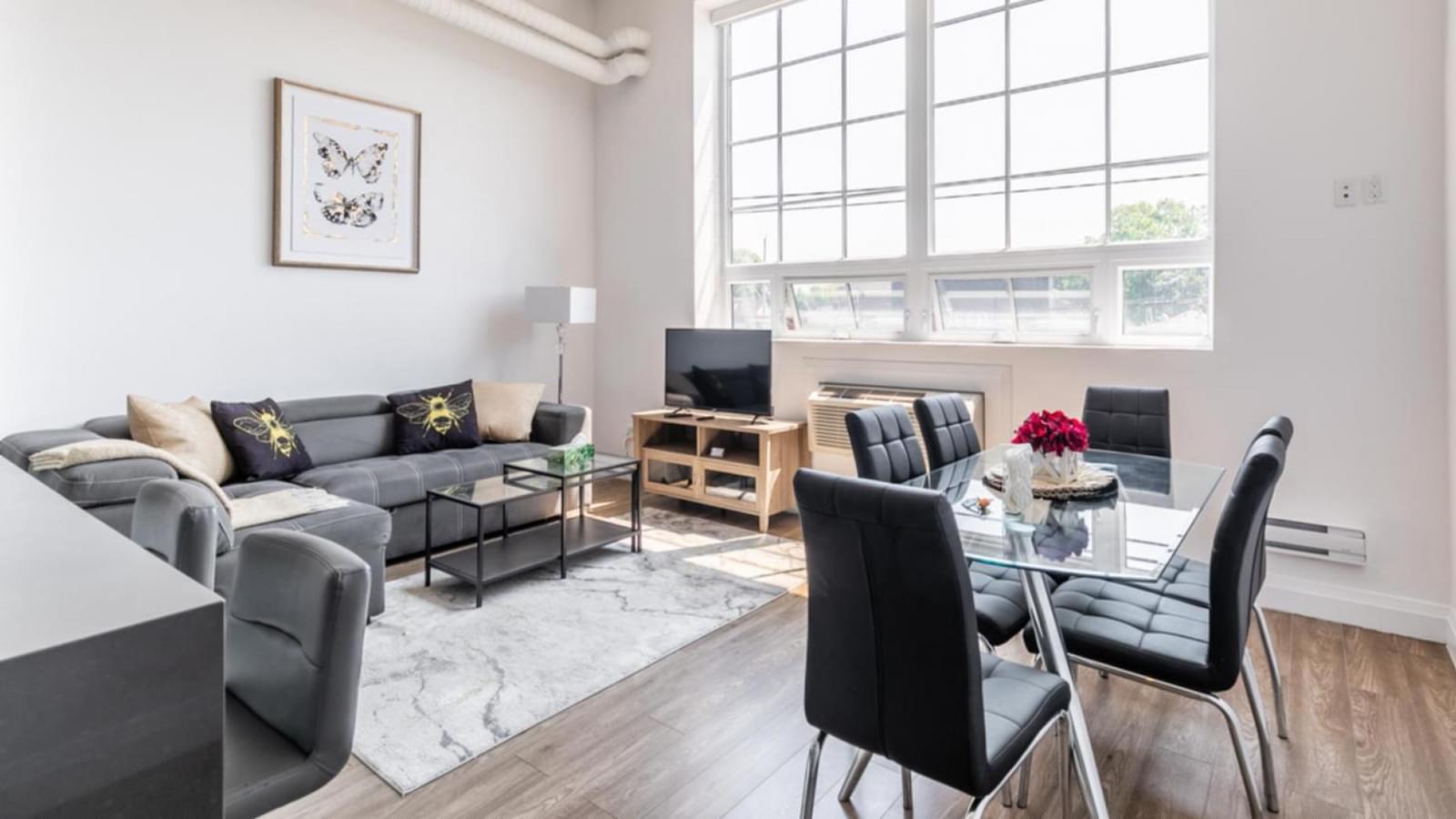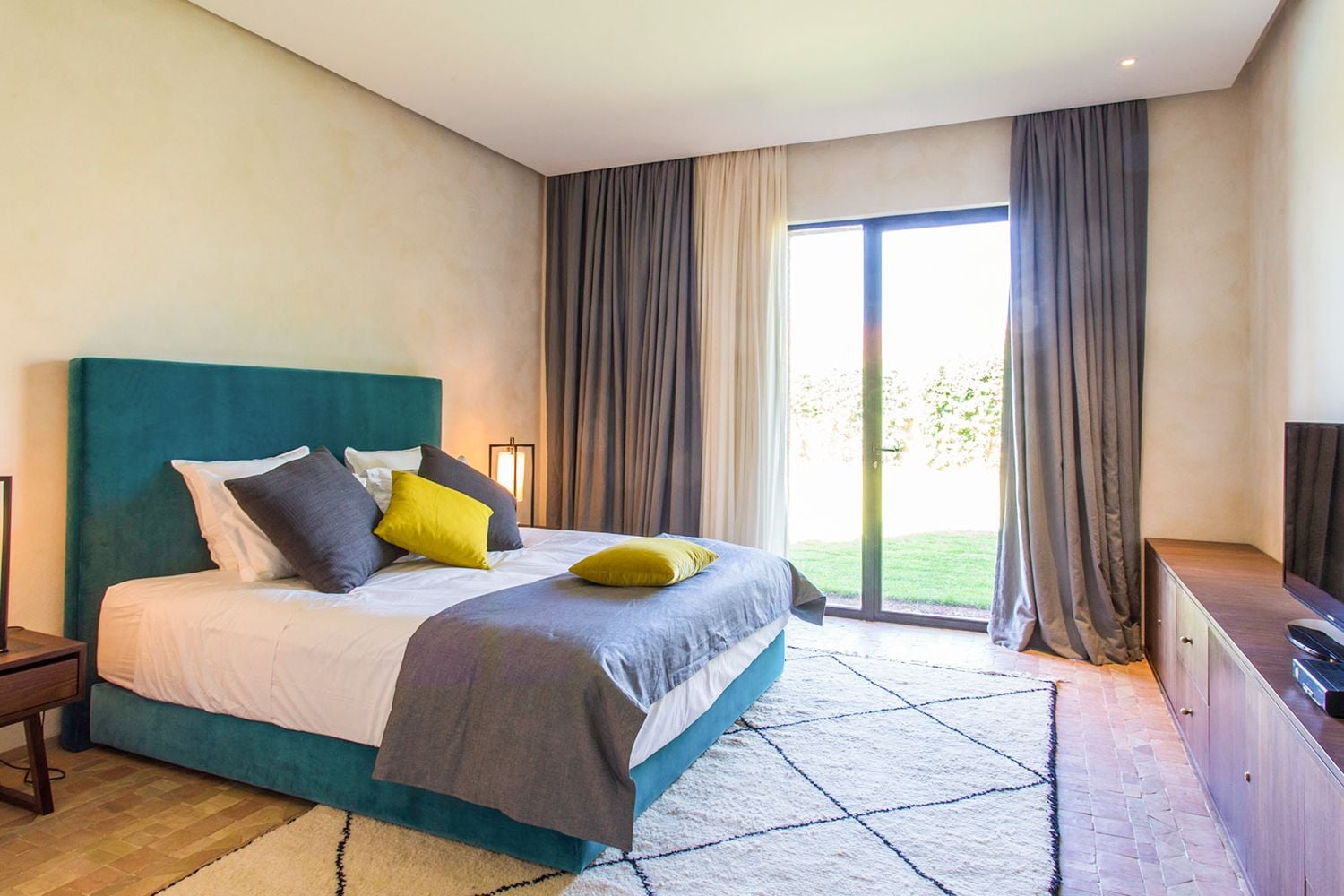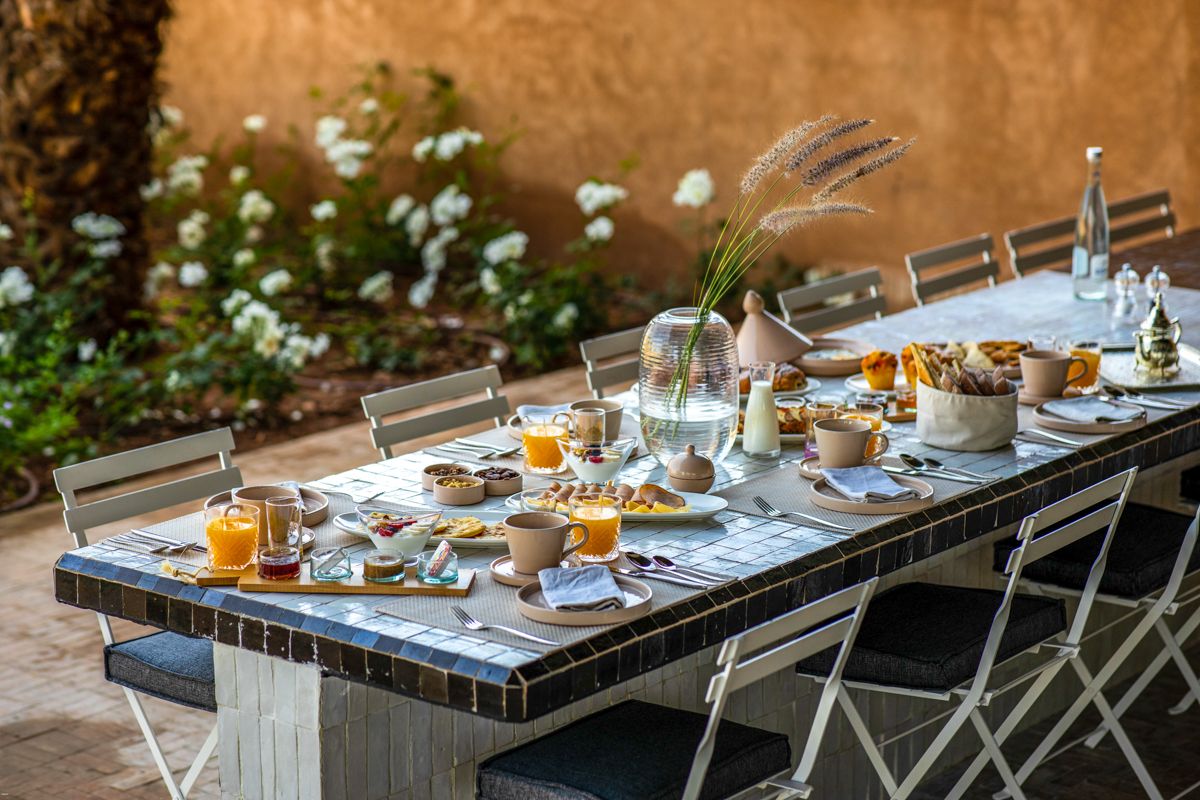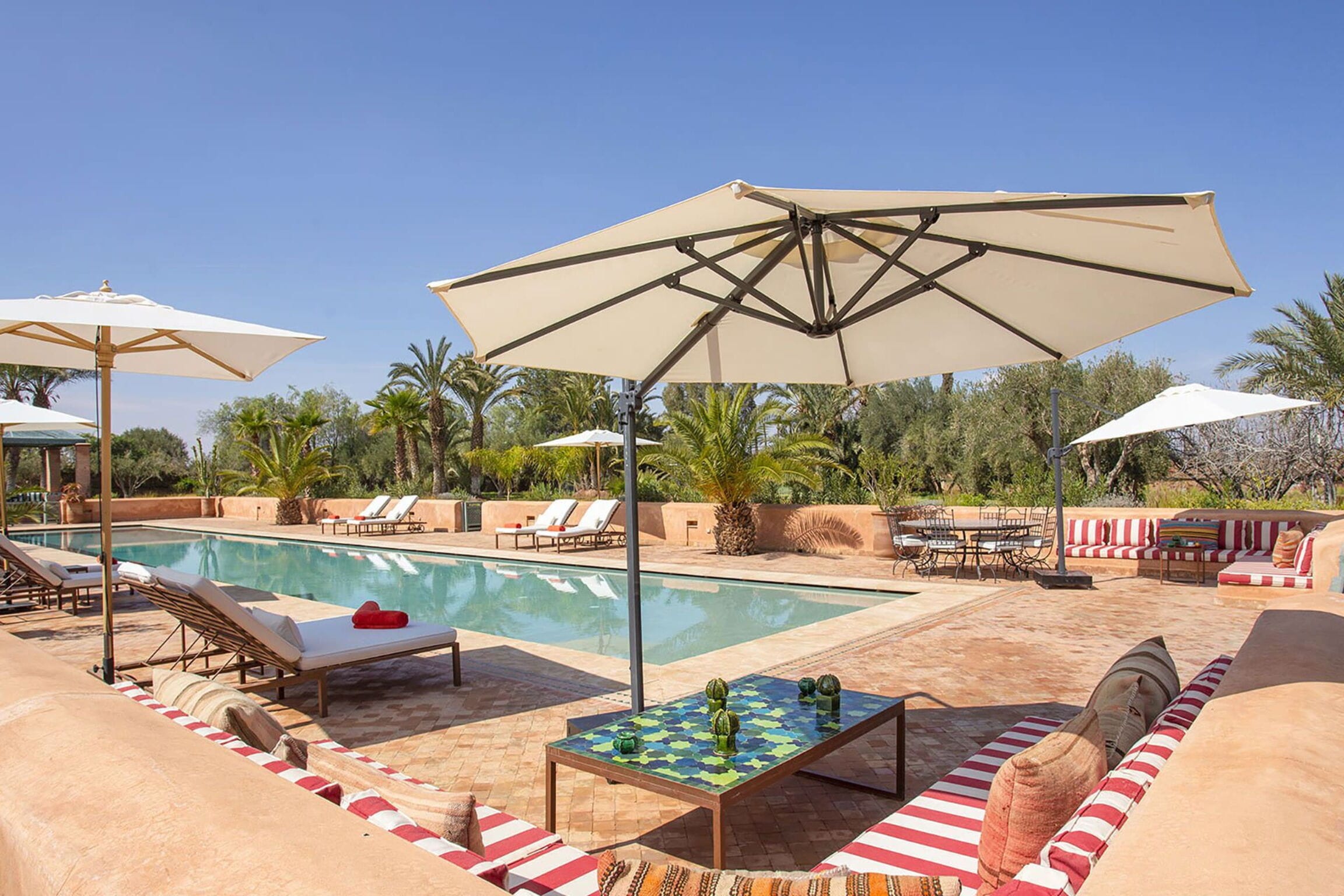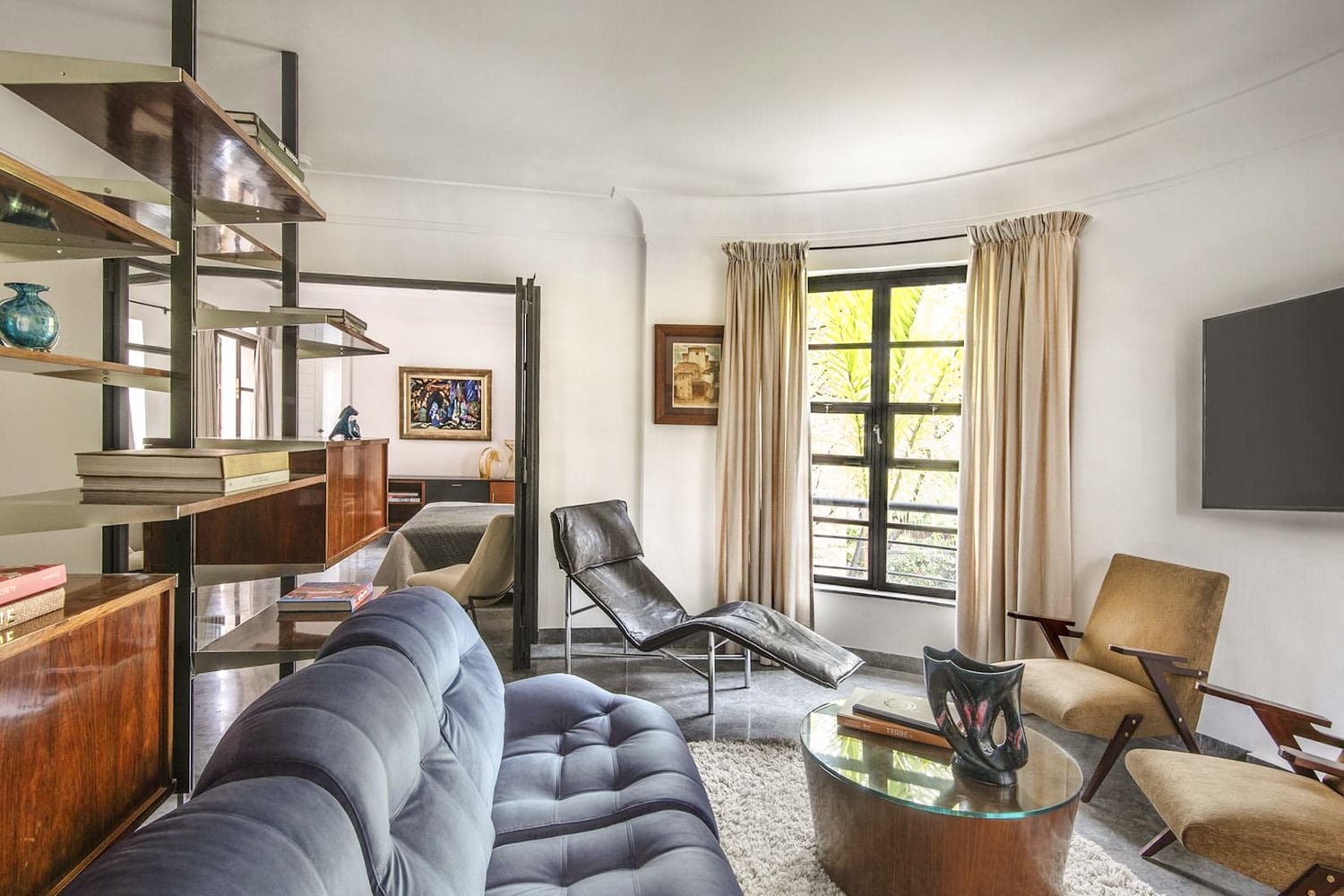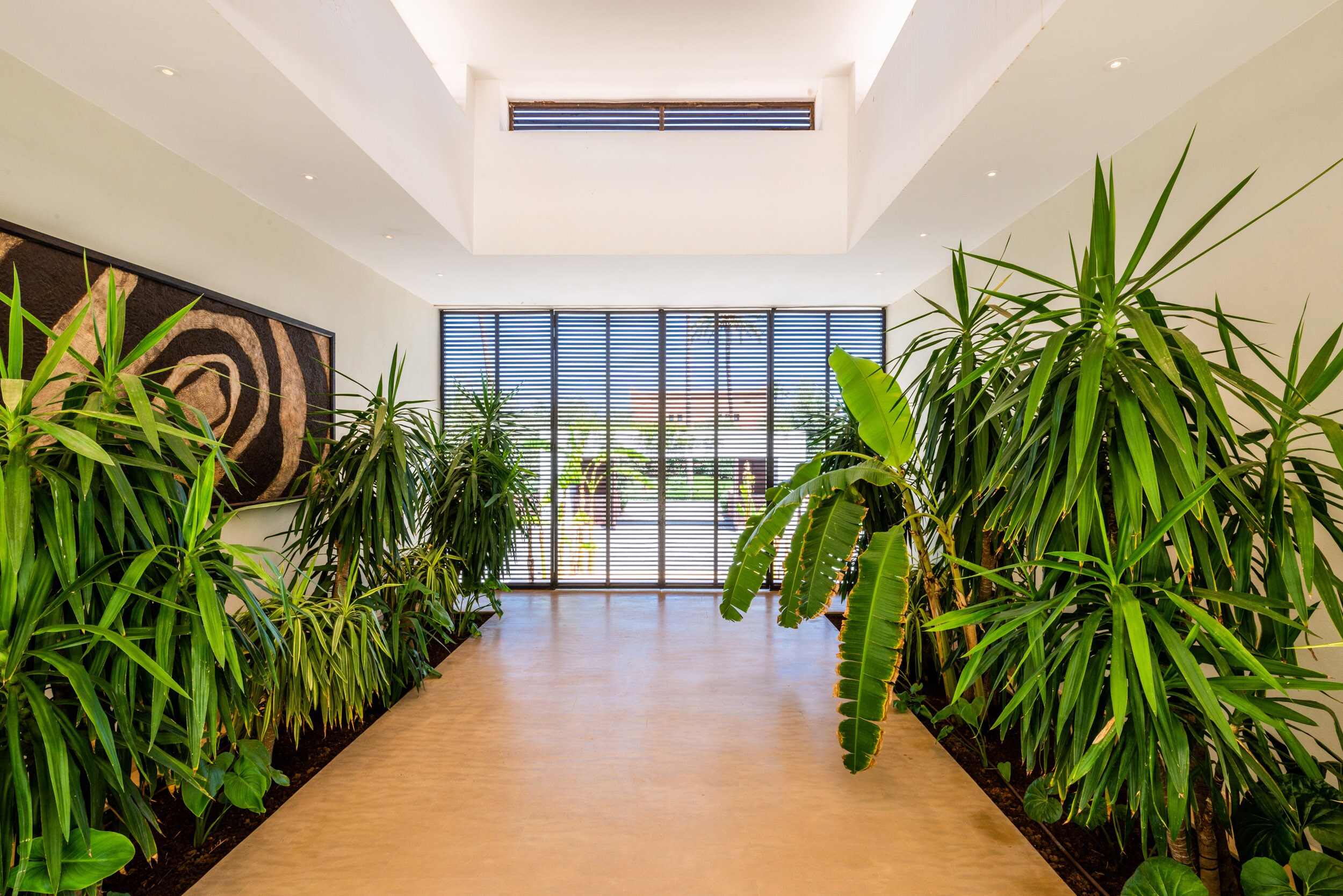Morocco Vacation Rentals
Explore 108 rental homes and villas in Morocco for your next vacation or business travel. With private vacation home rentals, enjoy a more personalized stay and a wide range of home amenities.
Types of vacation rentals in Morocco
Available properties in Morocco
Get to know Morocco
Here are some things to know to support your visit:
Morocco Overview
Immerse yourself in the enchanting realm of Morocco, a destination that promises an unforgettable journey through its vibrant culture, stunning landscapes, and luxurious accommodations. Imagine waking up in your own private home, a serene haven where traditional Moroccan architecture meets modern comfort, complete with a sparkling swimming pool to refresh yourself after a day of exploration. Many of these homes are pet-friendly, ensuring that your beloved companions can join in on the adventure.
Begin your Moroccan odyssey in the heart of Marrakech, where the famous Jemaa el-Fnaa square comes alive with storytellers, musicians, and snake charmers. Wander through the maze-like alleys of the Medina, discovering hidden courtyards and shops selling exquisite crafts. Don't miss the chance to visit the majestic Koutoubia Mosque and the beautifully landscaped Majorelle Garden, once owned by fashion designer Yves Saint Laurent.
Venture to the ancient city of Fez, where time seems to stand still within the walls of its sprawling medina, a UNESCO World Heritage site. Here, the air is filled with the rich aroma of tanning leather and the clinking of metalwork, as artisans ply their centuries-old trades.
The imperial cities of Meknes and Rabat beckon with their regal architecture, including the grand Bab Mansour gate and the Mausoleum of Mohammed V. The Roman ruins of Volubilis, with their intricate mosaics, offer a captivating glimpse into Morocco's storied past.
Nature's splendor is on full display in the Atlas Mountains, a paradise for hikers and those seeking tranquility amidst the peaks. The cascading Ouzoud Falls and the idyllic beaches of Essaouira and Agadir invite you to bask in their natural beauty. Essaouira, in particular, with its breezy coastline and charming medina, is a jewel of the Atlantic, perfect for water sports or simply soaking up the sun.
The allure of the Sahara Desert is undeniable, with its vast expanse of golden dunes providing a dramatic backdrop for a camel trek or a night spent in a luxury Berber tent, where the stars seem close enough to touch.
Moroccan cuisine is a feast for the senses, with dishes like fragrant tagines, fluffy couscous, and sweet pastilla reflecting the country's rich culinary heritage. Savor these delights in the privacy of your rental home, perhaps prepared by a local chef, as you dine al fresco by the poolside.
For a touch of indulgence, visit a traditional hammam, where the rituals of steam and massage will rejuvenate your spirit. And as you explore the markets, be enchanted by the intricate zellige tilework, fine pottery, and vibrant textiles that embody Morocco's artistic legacy.
Morocco is not just a destination; it's an experience that weaves together the threads of history, culture, and luxury, creating a tapestry that is as rich as it is inviting. Here, in your own private oasis, the magic of Morocco unfolds around you, offering a journey that is both intimate and grand, and one that will linger in your memory long after you've returned home.
Cultural Attractions in Morocco
Morocco is a cultural mosaic that offers an array of experiences for travelers with a passion for the arts, history, and local customs. From the bustling souks and historic medinas to the tranquil beauty of the desert, Morocco is a country that captivates the senses and the imagination.
Begin your journey in Marrakech, where the vibrant Djemaa el-Fna square comes alive with storytellers, musicians, and performers, offering a glimpse into traditional Moroccan entertainment. The city is also home to the Majorelle Garden, a botanical and landscape garden that houses the Islamic Art Museum of Marrakech, featuring North African textiles, ceramics, and jewelry.
Art enthusiasts will find a treasure trove in the Dar Si Said Museum, which showcases Moroccan art, including woodwork, ceramics, and carpets. The Yves Saint Laurent Museum, dedicated to the work of the French fashion designer, is a modern addition to Marrakech's cultural scene, displaying his creations alongside temporary exhibitions.
In Fez, the spiritual and cultural heart of Morocco, you can explore one of the best-preserved medieval cities in the world. The city's medina, a UNESCO World Heritage site, is an intricate labyrinth of narrow streets lined with artisans and merchants. The Nejjarine Museum of Wooden Arts & Crafts, housed in a beautifully restored fondouk, offers insight into the traditional woodworking crafts of the region.
For a deep dive into history, the ancient Roman ruins of Volubilis near Meknes provide a fascinating look at Morocco's past. The site features well-preserved mosaics, columns, and arches, and offers panoramic views of the surrounding countryside.
Music lovers should not miss the opportunity to attend the Gnaoua World Music Festival in Essaouira, where the mystical Gnaoua music is celebrated alongside jazz, pop, rock, and contemporary world music. Essaouira itself is an enchanting coastal town with art galleries and workshops that reflect its status as a hub for artists and musicians.
Moroccan customs can be experienced through its cuisine, and a visit to a traditional riad for a cooking class is a delightful way to learn about local dishes and flavors. The country's tea culture is also central to the Moroccan way of life, and sharing a pot of mint tea is a gesture of hospitality and friendship.
Throughout the year, Morocco's festivals and fairs, such as the Marrakech International Film Festival and the Rose Festival in El Kelaa M'Gouna, celebrate the country's rich cultural heritage.
In Morocco, every sense is engaged, every encounter is an education, and every experience is steeped in the rich tapestry of its cultural heritage. It's a destination that offers endless opportunities for cultural immersion and artistic inspiration.
Family friendly activities in Morocco
Morocco is a treasure trove of experiences for families traveling with children, offering a blend of culture, adventure, and relaxation that can captivate the imaginations of young ones.
Begin your Moroccan adventure in Marrakech, where the vibrant Djemaa el-Fna square comes alive with storytellers, acrobats, and snake charmers, providing a spectacle that is sure to enchant children. The labyrinthine souks are a sensory delight, where families can shop for colorful crafts and treats. For a break from the hustle and bustle, the Majorelle Garden offers a tranquil oasis with exotic plants and a charming pond filled with lily pads and fish.
For a touch of history, the Oasiria Water Park in Marrakech is a fun way to cool off with its wave pools, water slides, and a pirate ship, perfect for a family day out. The Menara Gardens are another peaceful retreat, where kids can enjoy the vast open space and the picturesque pavilion and pool.
Venture to the coastal city of Essaouira, where the windswept beaches are ideal for kite flying and camel rides along the shore. The Skala de la Ville, the old fortress, provides panoramic views of the Atlantic Ocean and is a great spot for young adventurers to explore.
In the heart of the Atlas Mountains, families can embark on a guided trek to discover traditional Berber villages and enjoy the stunning natural scenery. For those seeking a unique experience, a visit to the Sahara Desert is a must. A camel trek to a Berber camp, where families can spend the night under the stars, is an unforgettable adventure for children.
The Ouzoud Waterfalls, located in the Middle Atlas region, are a spectacular sight and a great place for a family hike. Kids will be thrilled to see the resident monkeys and enjoy a picnic by the water's edge.
For a cultural experience, the ancient city of Fez offers a chance to step back in time. Children can learn about traditional crafts at the pottery and mosaic workshops in the Fes el Bali, the old medina, which is a UNESCO World Heritage site.
Morocco's diverse landscapes, from mountain ranges to desert dunes, along with its rich culture and warm hospitality, make it an exciting and educational destination for families with children. Whether exploring ancient cities, enjoying the natural beauty, or simply relaxing by the sea, Morocco promises a memorable journey for all ages.
Outdoor activities in Morocco
Morocco is a treasure trove of natural wonders and outdoor activities, offering an array of experiences for the nature enthusiast. From the rugged peaks of the Atlas Mountains to the sweeping dunes of the Sahara Desert, Morocco's landscapes are as diverse as they are stunning.
The Atlas Mountains are a haven for trekkers, with routes ranging from gentle day hikes to challenging multi-day treks. The Toubkal National Park, home to Mount Toubkal, the highest peak in North Africa, is a popular destination for those seeking the thrill of summiting a mountain. The region also offers opportunities for mountain biking and rock climbing, with breathtaking views as a reward for your efforts.
For a truly unique experience, the Sahara Desert beckons. Embark on a camel trek through the rolling dunes of Erg Chebbi or Erg Chigaga, where you can spend the night in a traditional Berber tent under the stars. The tranquility and vastness of the desert landscape provide a profound sense of connection to nature.
Morocco's coastline is not to be overlooked, with its beautiful beaches and clear waters. The coastal town of Essaouira is known for its strong winds, making it an ideal spot for windsurfing and kitesurfing. Meanwhile, the Mediterranean coast offers calmer waters for swimming and snorkeling, with the Cap Spartel area near Tangier being particularly picturesque.
The Ouzoud Waterfalls, located in the Grand Atlas village of Tanaghmeilt, are among the most stunning natural wonders in Morocco. The cascades plunge over 100 meters into the river below, and the area is perfect for a refreshing swim or a scenic picnic. The surrounding olive groves and the opportunity to spot Barbary macaques add to the charm of this location.
For those interested in geology and ancient history, the Todra and Dades Gorges offer dramatic cliffside landscapes and a glimpse into traditional Moroccan life. Hiking through these gorges reveals a series of fortified villages and stunning rock formations.
Finally, the Rif Mountains in the north of the country offer a different kind of beauty, with lush greenery and a cooler climate. The Talassemtane National Park is a paradise for hikers, with its cedar forests and the chance to spot endangered species like the Barbary macaque.
In Morocco, the great outdoors is a canvas of vibrant colors, dramatic landscapes, and rich cultural experiences. Whether you're scaling mountains, riding camels through the desert, or exploring lush gorges, Morocco's natural wonders are sure to captivate and inspire.
Weather in Morocco
Morocco's climate varies greatly due to its geographical diversity, ranging from Mediterranean in the north, to more extreme conditions in the Sahara Desert. The country experiences a mix of seasons, with weather patterns influenced by the Atlantic Ocean, the Mediterranean Sea, and the Sahara Desert.
In the north and along the coast, the climate is typically Mediterranean with mild, wet winters and hot, dry summers. Cities like Tangier and Casablanca experience this coastal climate, with temperatures in the summer months (June to August) averaging from 25°C to 30°C. Winters (December to February) are cooler, with temperatures ranging from 8°C to 17°C, and this is when most of the rainfall occurs.
Moving inland to cities like Marrakech and Fes, the climate becomes more continental with more extreme temperatures. Summers can be very hot, with average temperatures often exceeding 35°C, while winters are cooler and can drop to around 6°C at night. Rainfall is less frequent than in coastal areas, but when it does rain, it can be quite heavy, particularly in the spring and autumn.
The Atlas Mountains have a mountain climate, with cooler temperatures and more precipitation. The higher elevations can even see snowfall in the winter, offering opportunities for winter sports. Summer in the mountains is mild and pleasant, making it a great escape from the heat of the lowlands.
The Sahara Desert region of Morocco is characterized by its arid climate, with very little rainfall throughout the year. Daytime temperatures can soar above 45°C in the summer, while nights can be surprisingly cold, sometimes dropping to near freezing. The desert climate offers a unique travel experience, with clear skies and dramatic landscapes.
The most popular time to visit Morocco is during the spring (March to May) and autumn (September to November) when the weather is most pleasant across the country. These seasons offer a comfortable balance of warm days and cool nights, with less extreme conditions than the peak of summer or the chill of winter. The shoulder seasons are also less crowded, allowing for a more relaxed exploration of Morocco's bustling souks, historic cities, and stunning natural landscapes.
Transportation in Morocco
Morocco, a country that blends ancient traditions with modern sensibilities, offers a variety of transportation options for travelers seeking to explore its vibrant cities, sweeping deserts, and rugged mountains.
International visitors typically arrive in Morocco by air, with the main gateways being Mohammed V International Airport in Casablanca, Marrakesh Menara Airport, and Tangier Ibn Battouta Airport. These airports connect Morocco to major cities across Europe, the Middle East, and beyond. For those arriving from Europe, ferries also operate between Spain and the Moroccan ports of Tangier and Nador.
Once in Morocco, the country's rail network, operated by ONCF, provides a comfortable and efficient way to travel between major cities such as Casablanca, Rabat, Marrakesh, and Fez. Trains are a popular choice for their speed and the opportunity to enjoy the scenic landscapes. For destinations not served by rail, an extensive network of buses, including CTM and Supratours, offer connections to smaller towns and rural areas.
For more flexibility, car rentals are available in major cities and at airports, allowing travelers to explore at their own pace. However, driving in Morocco requires caution due to varying road conditions and different driving customs.
In cities like Marrakesh and Fez, the medinas (old towns) are a labyrinth of narrow streets and alleys, which are often only accessible on foot or by small motorbikes and donkey carts. These areas are not car-friendly due to their narrow and crowded nature, making them best explored by walking. Guided tours or hiring a local guide can enhance the experience and help navigate the maze-like streets.
Taxis are a common sight in Moroccan cities. There are two types: petit taxis, which are small and operate within city limits, and grand taxis, which are larger and can take you between cities or to more remote areas.
For those seeking a unique experience, camel treks and 4x4 tours are popular in regions like the Sahara Desert, offering an unforgettable way to explore Morocco's natural beauty.
In summary, Morocco's transportation options cater to a range of preferences, from the convenience of trains and buses to the adventure of desert treks. While the country's cities offer a walkable experience within certain areas, particularly the historic medinas, transportation is necessary to fully explore the diverse landscapes and regions that Morocco has to offer.

